Coming off the critical success of Destiny 2’s Witch Queen expansion, Bungie held a presentation at GDC Vault in 2022, outlining their workflow and explaining how they deliver content to their players. To briefly sum it up, they created a system of content delivery that’s safe, measured, and, above all, expected.
Now, that was all fine and dandy to everyone who first saw it coming fresh off of the Witch Queen launch. The highs were high, and the future was very bright. Surely, the following year’s seasons and next year’s expansion would follow a similar high-quality trend. For a while, things really did seem that way.
The four ensuing seasons after the Witch Queen did successfully build upon Destiny 2’s story and sandbox in meaningful ways. From the subclass 3.0 reworks to Zavala’s haunting backstory, there was always something to enjoy, and Destiny 2 thrived. Then the Lightfall expansion launched, and fans discovered a campaign more about the new Strand subclass than anything else by a wide margin.
Negative Player Reactions to Destiny 2: Lightfall
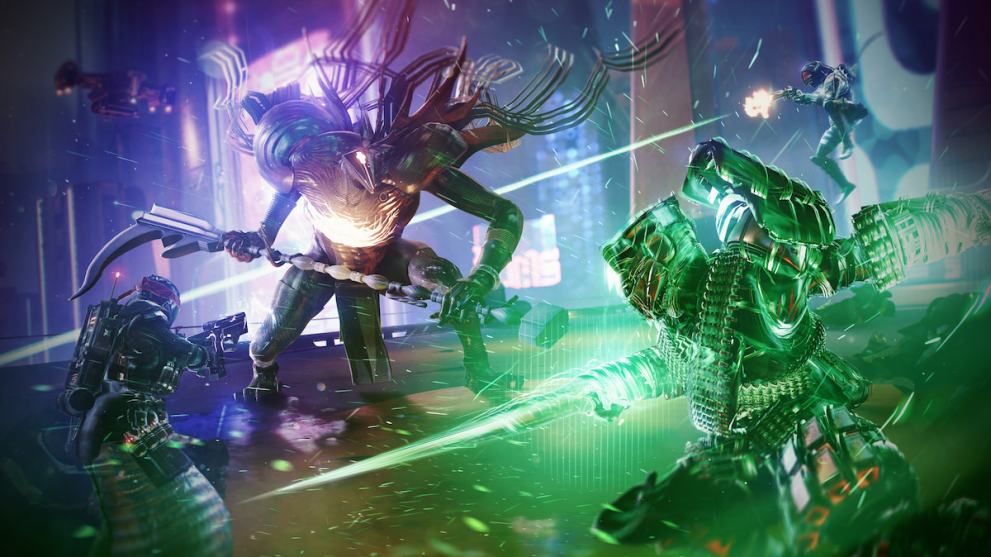
Fans were justifiably outraged. Lightfall was far from what players were expecting. To make matters worse, Destiny 2’s core modes hovered between life support and being completely ignored as 2023 continued—rest in peace, Gambit.
This, too, was not expected, and as time went on, Destiny 2 players rediscovered a particular GDC Vault presentation. Except this time, Bungie’s process, which aimed to avoid creating unrealistic content expectations, was interpreted as smothering for eager and passionate developers and lit a smoldering fire under the community. A fire that I feel is justified.
At first glance, Bungie’s argument is rather pragmatic. Not over-delivering as a mantra means less crunch for the team and lower expectations from their fans while potentially keeping profits high. The problem with this way of thinking is that players can feel the corporate soullessness that comes with that development methodology.
The Issue With Destiny 2’s Development Process
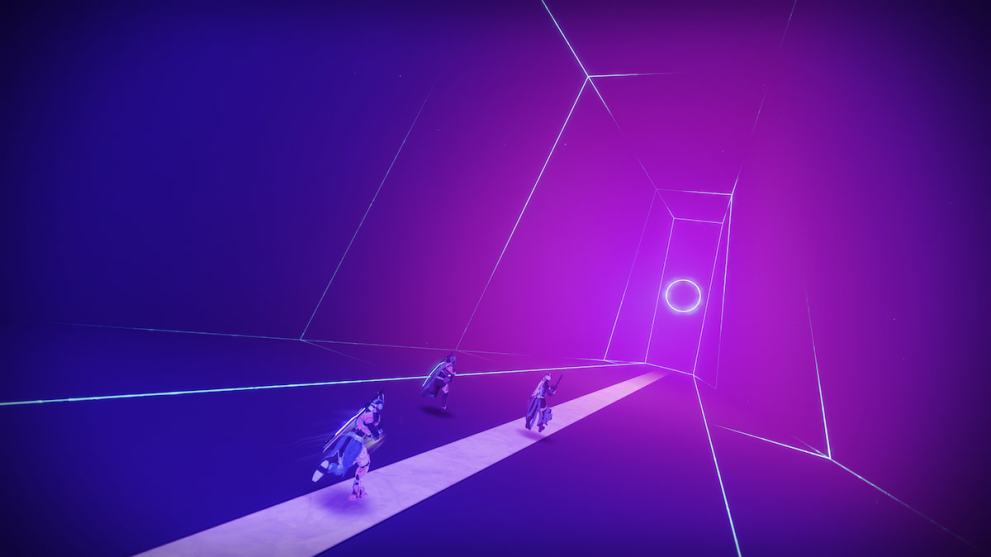
It’s not something that any player would look at and be like, “Yeah, I’m cool with less content on purpose for the same price.” Especially when Destiny 2’s microtransactions are getting worse with the monetization of endgame PvE content that used to be a part of the seasonal model.
That feeling is then compounded every time a player runs into long-standing issues with the game. Problems like when you go onto Steam only to see dozens of confusing DLC Bundles, or worse, you run into a cheater playing PvP. At the end of the day, it simply hurts to see Bungie warn about over-delivery as they themselves under-deliver.
Bungie is so worried about player trust, retention, and monetization that they’ve effectively removed passion from the development process. Alternatively, look at Larian Studios and their critically acclaimed game, Bauldur’s Gate 3. While comparing a turn-based RPG to an online multiplayer shooter might not be completely accurate, anyone can see that they have put passion first.
Destiny 2 Should Follow Baldur’s Gate 3’s Example
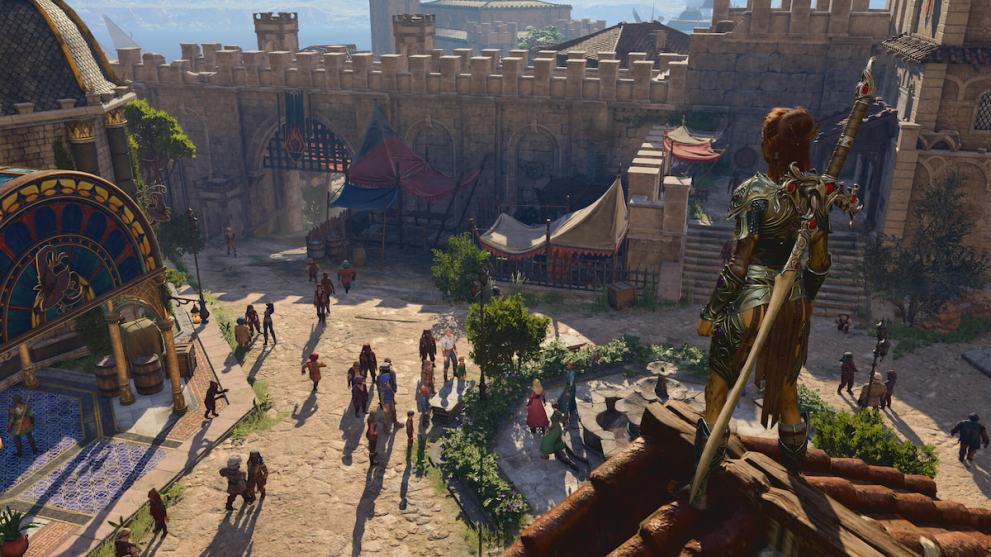
Larian has developed a game of considerable scope and depth that is nearly unrivaled. While not a perfect game due to bugs and a few other annoying issues, they took no shortcuts in delivering their vision of the final product, and again, players can tell.
Meanwhile, over six years in, Bungie still struggles to accurately predict community sentiment from season to season. Any goodwill they’ve gained over the years will have to be rebuilt nearly from the ground up, and it’s a shame. So many players, myself included, play and love Destiny 2 not for what it is but for what it could become.
What Destiny 2 Could Become
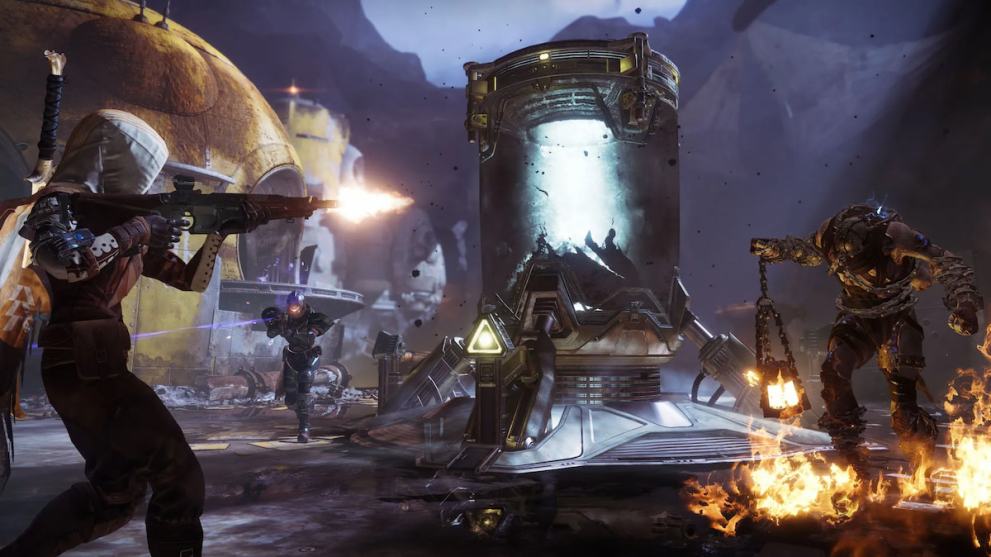
Let’s imagine a version of Destiny 2 where Bungie allows developers more freedom to design and create without fear of living up to expectations. Imagine at least one season a year where the goal is to do nothing but expand upon Strikes, Crucible, and Gambit. I have a hunch that players would forgive the lack of another seasonal story in return for multiple new strikes and maps.
An interesting alternative would be to use the decline of one mode, like Gambit, as an instrument for change. A season could be used to add a story behind Gambit’s decline, making its overhaul into a brand-new core mode part of the actual canon. Maybe the Drifter would lose control of his captured aliens due to a darkness mutation, turning Gambit into a full-on horde mode.
When passion leads development, anything wild and exciting like the mode outlined above would be possible. Only time will tell if Bungie’s leadership realizes that to be the best course of action.

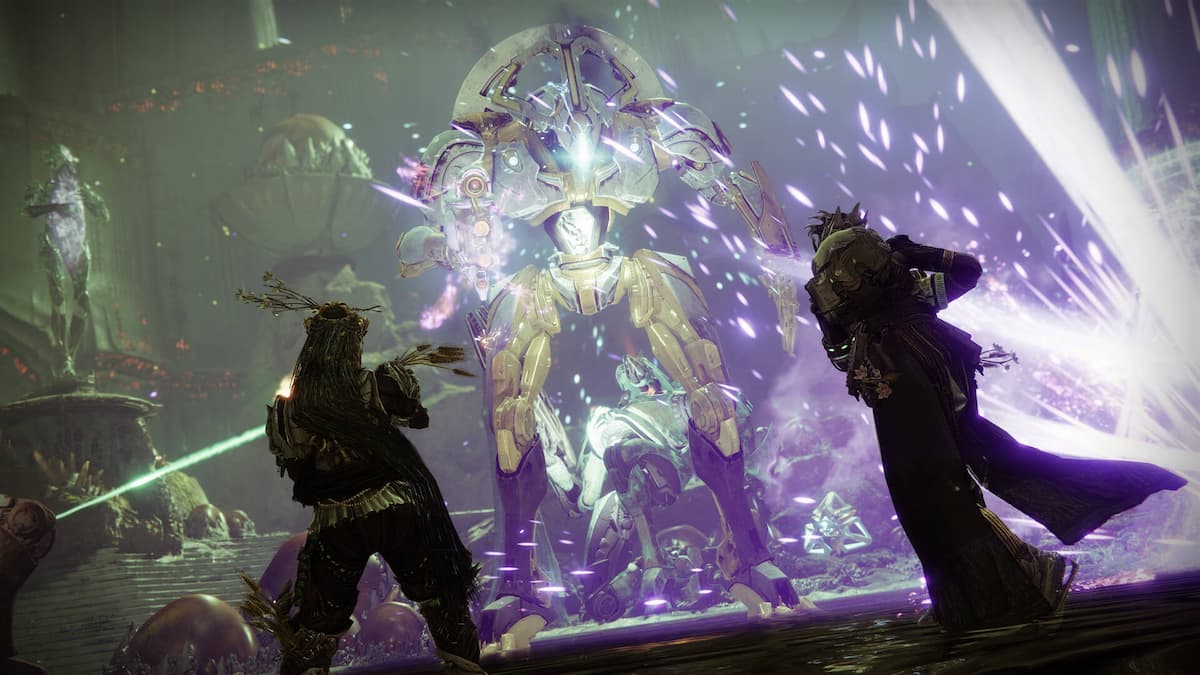
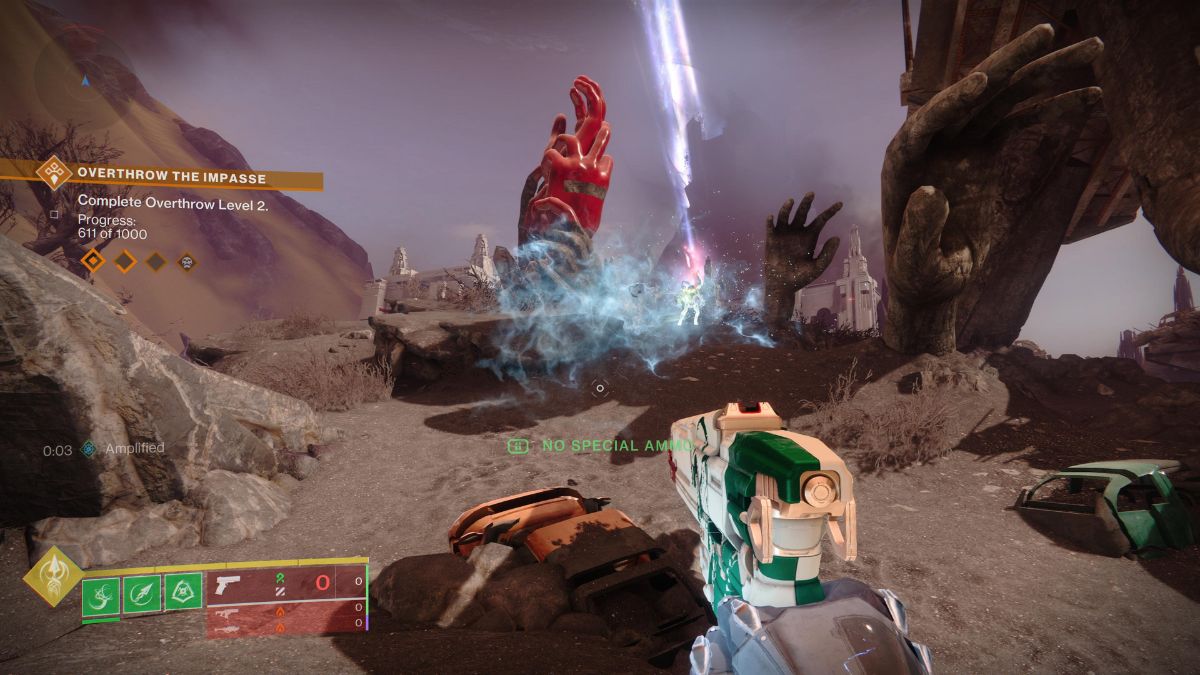
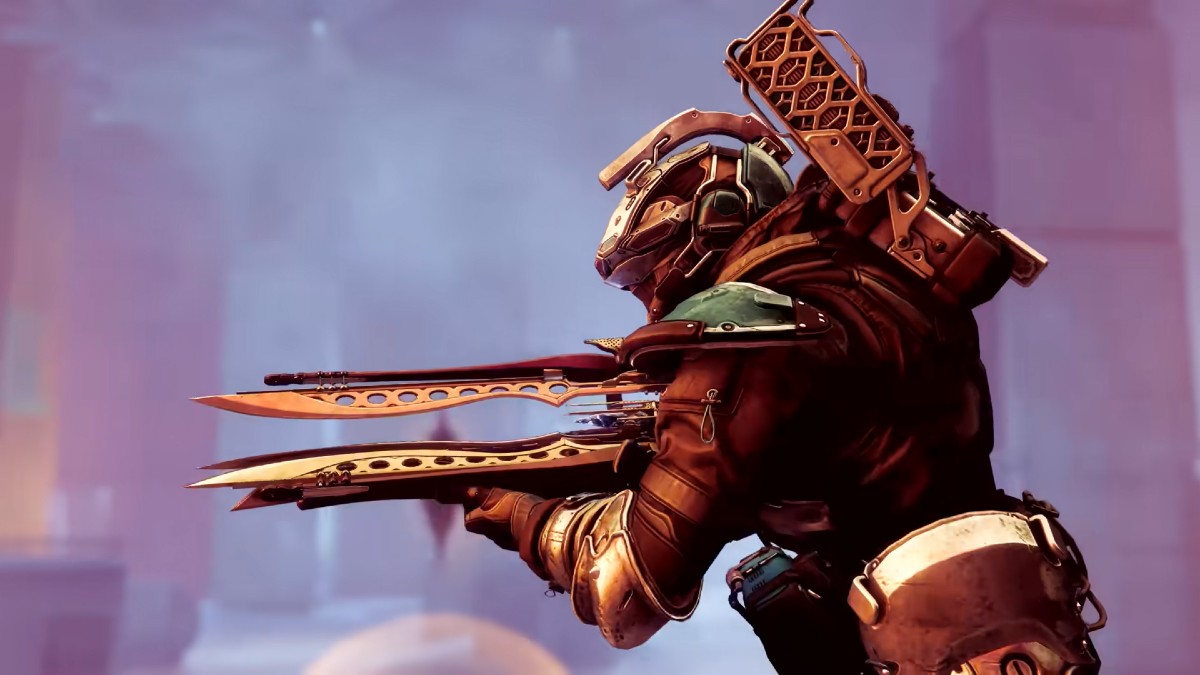

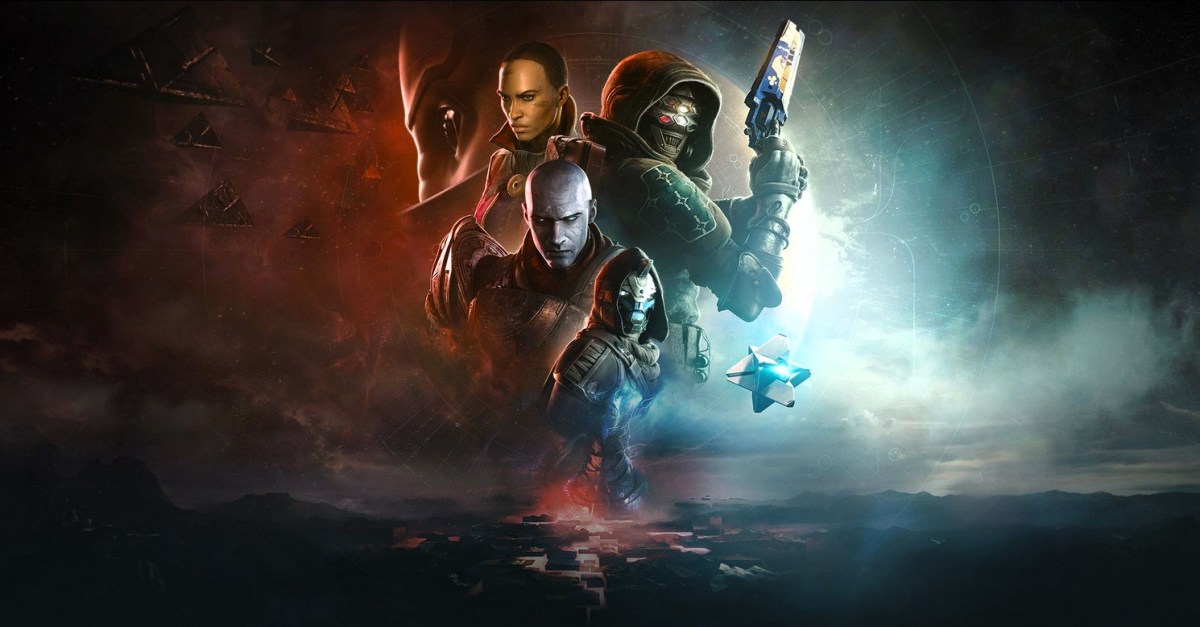
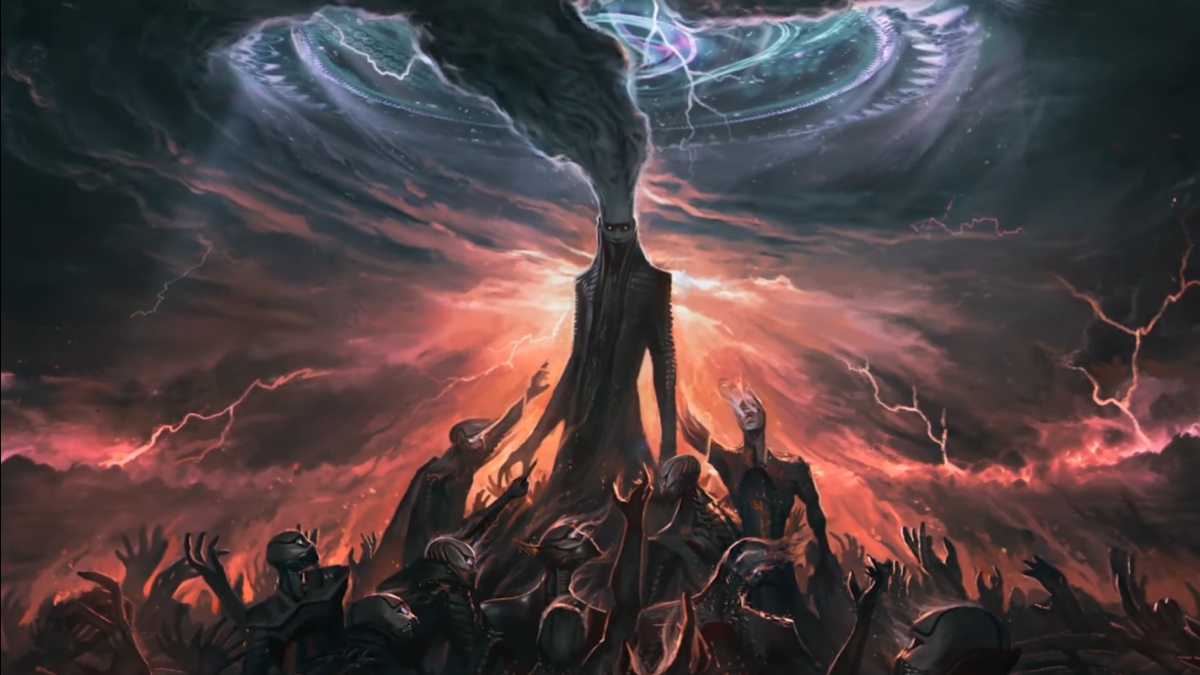

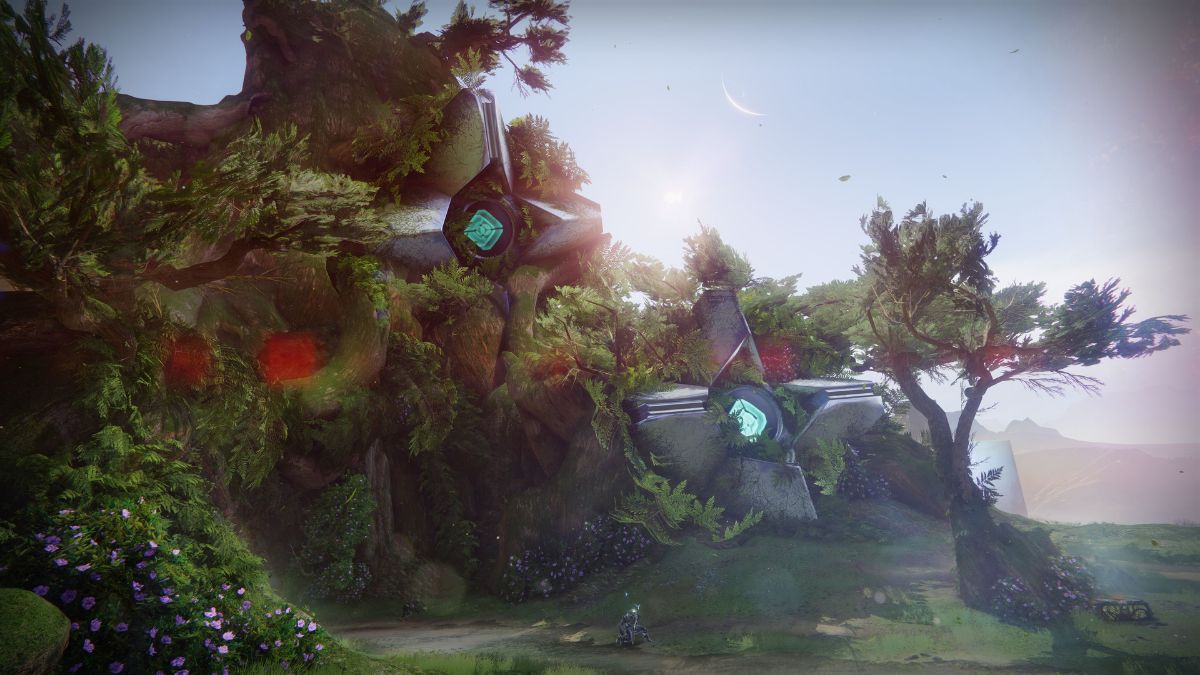

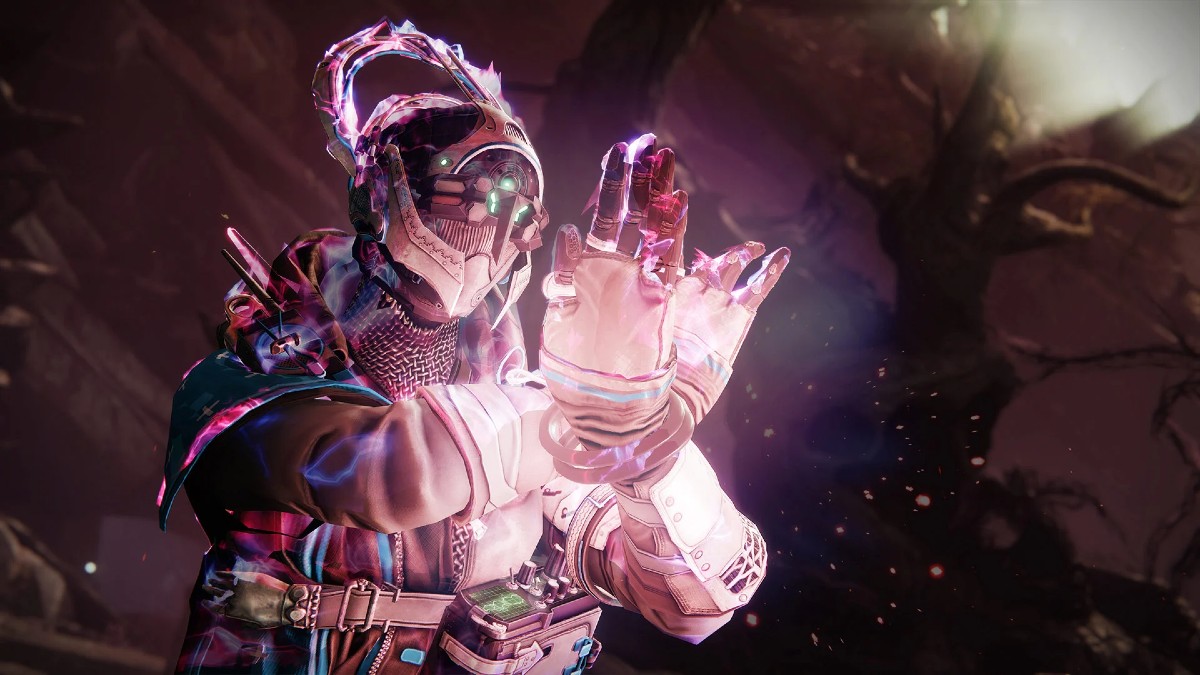
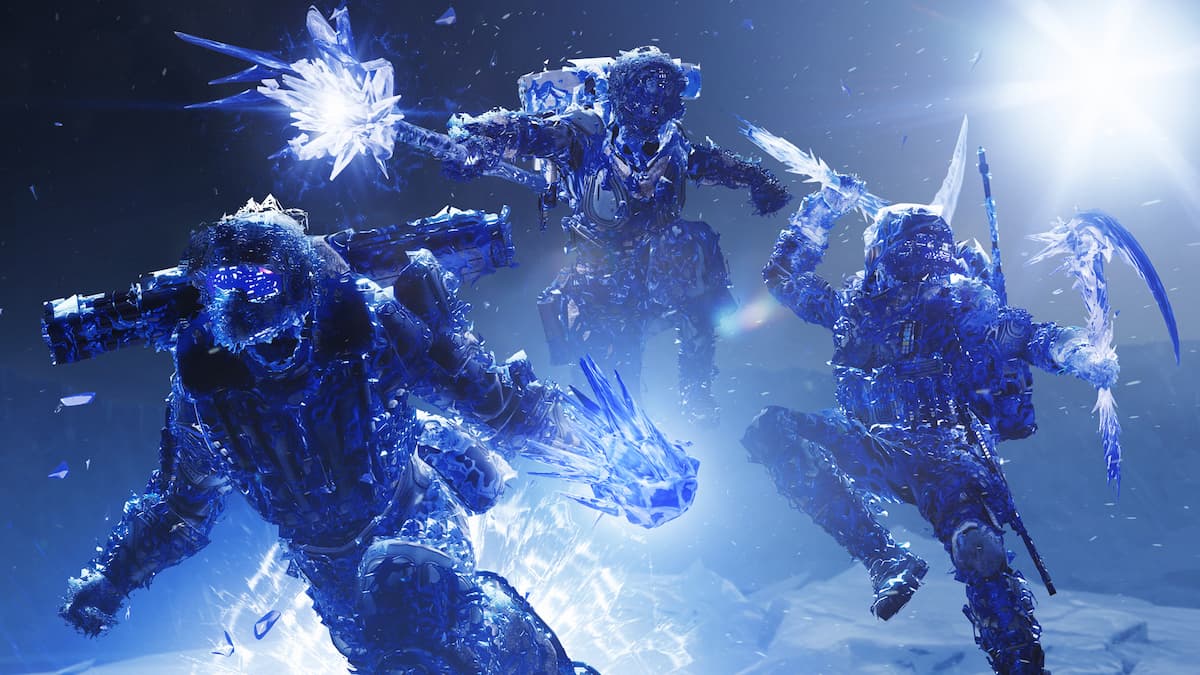
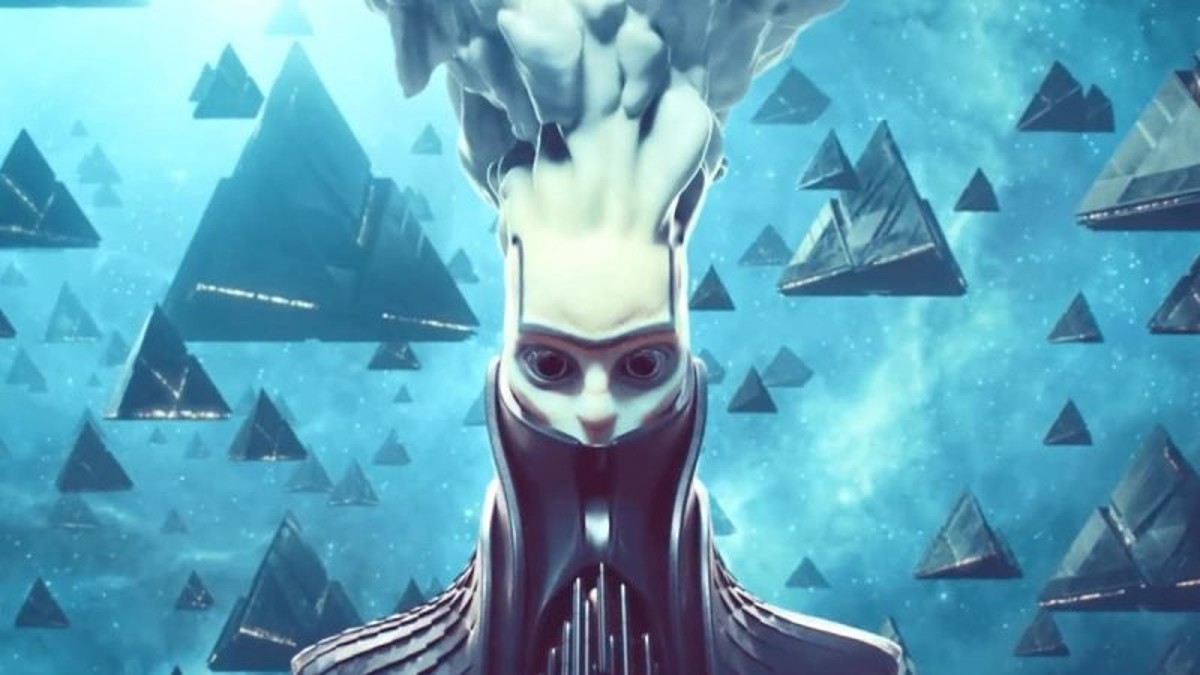
Updated: Oct 1, 2023 12:13 pm